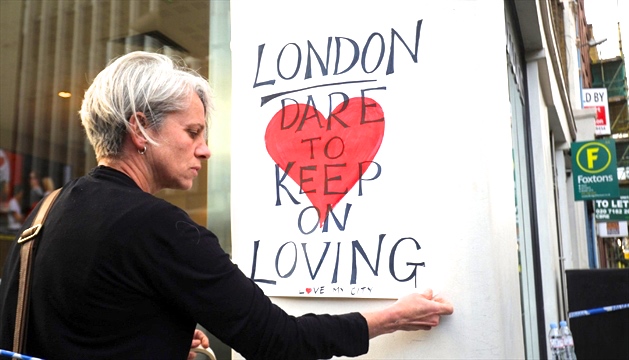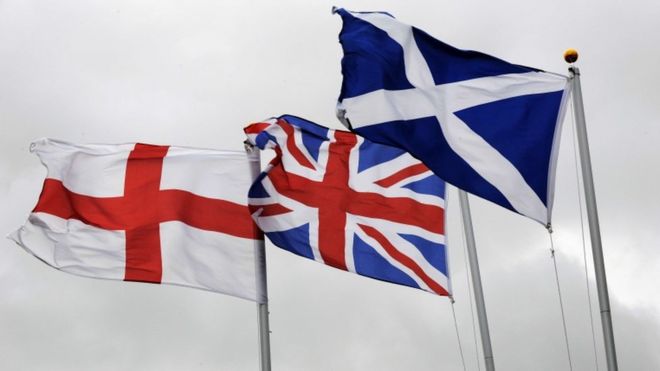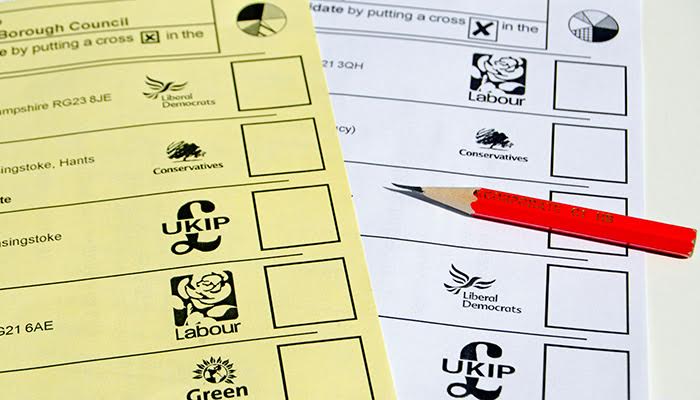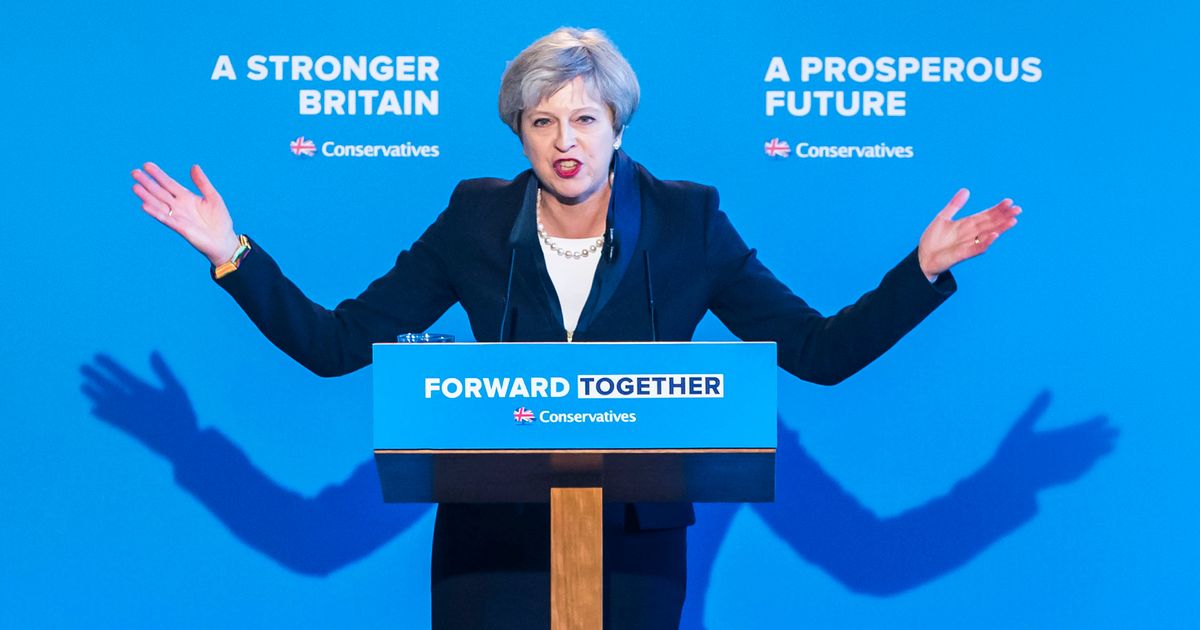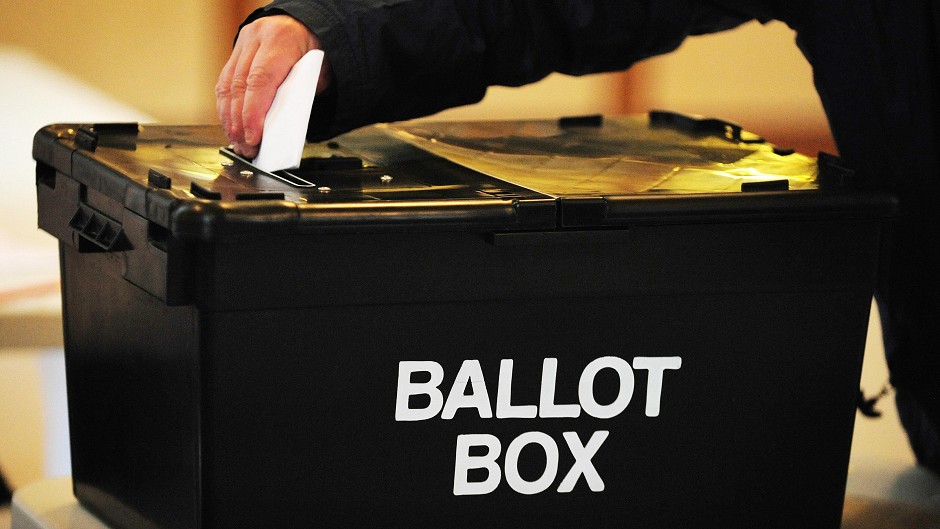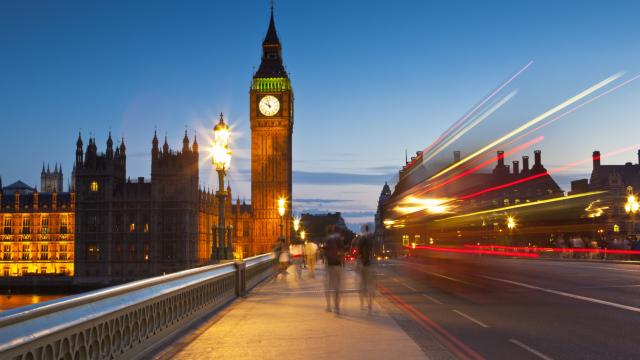
The people of Britain head to polling stations today to vote for the country’s next prime minister, overshadowed by atrocities at the most profound levels. Tackling terrorism with anti-terrorism strategy has been pushed to the forefront of all discussions, debates and energies in the run-up to the General Election. But within this turbulent landscape, the city of Manchester has provided some political stability.
Early last month, Andy Burnham, Labour’s former home secretary, won a decisive victory to become the first directly elected mayor of Greater Manchester. Burnham gave up his parliamentary seat in Leigh, North West England, to channel his energies into winning the mayoral election, which he did with a conclusive 63% of the vote.
While Burnham’s win came as little surprise to Greater Manchester (Labour controls nine of the 10 councils in the region) it provided an emphatic example that devolution – the shifting of power away from London – is gaining momentum in a country controlled predominantly by the wealth and power of its capital city.
Devolution and Tackling Terrorism
In the wake of the horrific May 22 terror attack at a concert in Manchester, Burnham called for the Greater Manchester region to establish its own program to counter extremism and stop terrorism. Rather than expanding the government’s controversial Prevent scheme, an anti-radicalization program, Burnham said the region should develop a “new and improved anti-terrorism strategy of its own.”
“We want to use the incredible sense of togetherness that has developed in the last week to then develop a Greater Manchester approach to this issue of terrorism,” the mayor said in an interview last week with the Manchester Evening News. Burnham called for Greater Manchester to develop an improved anti-terrorism strategy of its own, which uses – and exploits – the tremendous unity of the region.
When he was still shadow home secretary, Burnham referred to Prevent as “toxic” and counter-productive within the Muslim community. Instead, Burnham has reiterated calls for more police officers to be put on the streets to help protect Greater Manchester, dismissing claims made by the home secretary, Amber Rudd, that police numbers do not impact terror issues.
In the wake of the recent string of UK terror attacks, Prime Minister Theresa May has been heavily criticized for cuts made to the police and intelligence services, which resulted in 20,000 fewer police officers in Britain while May was still serving as home secretary.
Devolution and Inclusive Growth
A remarkable sense of inclusiveness and unity has shone through during these dark months in Britain – an encouraging sign of the growing strength of devolution. Transferring power from Westminster is being hailed as a positive way to enable cities and their citizens to reach their full economic and social potential without being subjugated under the parliamentary elites in London.
A report titled "Unleashing Metro Growth," published by the RSA City Growth Commission, says giving more financial and decision-making power to British cities could boost economic growth by £79 billion a year by 2030. This form of independent economic growth would also provide the opportunity for cities outside London to demonstrate how to achieve something maybe even more important – inclusive growth, which benefits everyone across the city.
Manchester provides a clear example of how urban equality is crippling many UK cities. According to a Joseph Rowntree Foundation report, Greater Manchester’s economic strengths are not being converted into inclusive growth, and the election of a "metro mayor" would create an agenda for more inclusive growth.
Despite huge recent economic growth in Greater Manchester, which has seen the rise of the glamorous Media City – home of the BBC, ITV and Salford University – research shows that one-fifth of Greater Manchester is still living on the breadline.
Currently in the Greater Manchester area, more than 500,000 people are income deprived, with one in four children living in poverty, states the JRF report. The proportion of households where nobody is in work is 18.4 percent higher than the England average, and the region has the fifth highest rate of income deprivation among England’s 39 Local Enterprise Partnerships.
“If the Mayor wants to deliver serious progress, their power to influence will be as important as their formal powers; inclusive growth and solving poverty should be central organizing principles for their administration,” writes the JRF report.
Devolution Generation?
Such inclusive growth was a clear component of Andy Burnham’s mayoral election campaign. Talking to The Conversation, Burnham said he wants the city for the next 20 years to work toward achieving the growth ambition that has been accomplished in certain parts of Manchester. "See if we can lift the whole of Greater Manchester and achieve that phrase that you hear used a lot – inclusive growth. I think that is what we want to see," Burnham said. "A sense of a place that is on the up everywhere.”
The election of a powerful new mayor promising devolution didn't happen in Greater Manchester alone. In cities such as Liverpool and Birmingham, government leaders are also vowing to make urbanization more inclusive, equal and economically fair as they strip power from London. Many now hope the June 8 election could signal an even more progressive push toward a fairer British society, away from same old Tory policies that have benefitted the rich at the expense of the poor.
3 WAYS TO SHOW YOUR SUPPORT
- Log in to post comments

